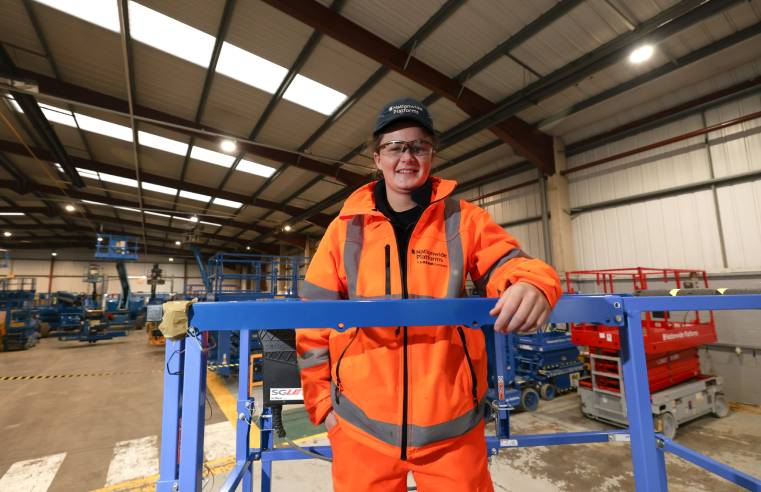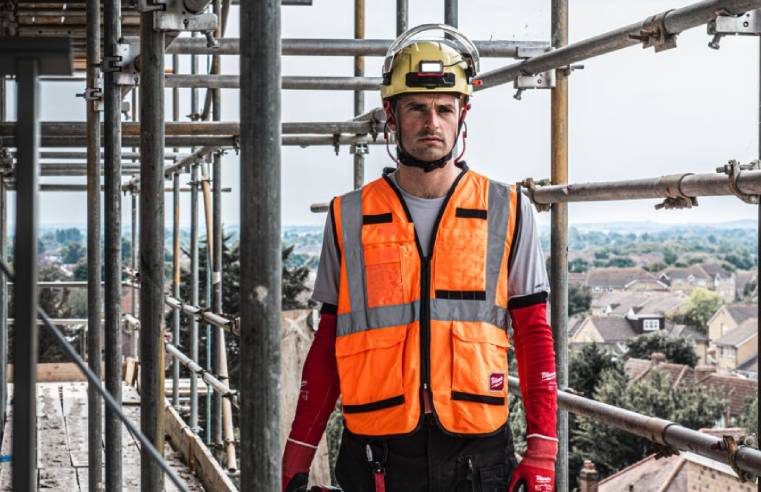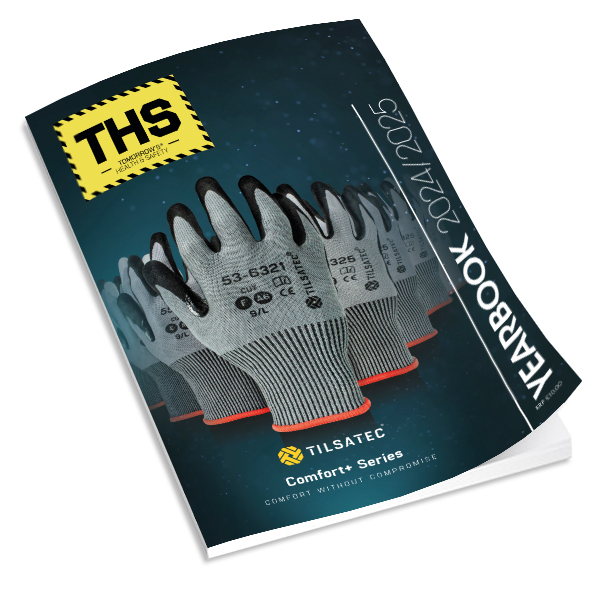Employers wishing to minimise the impact of Long Covid on both their employees and their organisation, should ensure that their health and wellbeing programmes include holistic and personalised support for staff for as long as they need it, according to RedArc’s team of nurses.
Long Covid, a condition currently affecting approximately 60,000 people in the UK – which will inevitably continue to rise - and characterised by a variety of physiological and psychological issues, including fatigue, breathlessness, cognitive blunting (brain fog) and pain, requires practical, medical and emotional support, similar to that already offered by employers for conditions such as cancer, ME and diabetes.
Christine Husbands, Managing Director for RedArc, said: “This is clearly an emerging situation and one which is likely to be challenging for employers, in terms of providing support for those with this new relatively unknown condition and its long-term implications. Offering practical help and emotional support for those diagnosed with the condition will help ensure that staff receive the most appropriate course of treatment, helping to steer them back on the path to recovery.”
Types of support
As well as the known physical ailments associated with Long Covid, the National Institute for Health Research (NIHR), has raised concerns about the potentially huge psychological impact of the condition which includes patients suffering from post-intensive-care syndrome and post-viral fatigue syndrome.
Therefore, support provided by employers needs to be holistic, combining practical advice to manage the varying physical symptoms, signposting to appropriate NHS medical care and services, and timely provision of relevant therapies as well as emotional support to deal with the psychological impact.
Some examples of specific external interventions are:
• Respiratory physiotherapy - breathing exercises/techniques
• Occupational therapy - pacing to manage fatigue and help with memory problems
• Complementary therapy - to aid sleep and reduce stress
• Talking therapies - to help with fear, anxiety and low mood and other psychological impacts
• Physiotherapy - post Covid musculoskeletal pain
As the symptoms are variable and fluctuating, any care and support needs to be tailored to the employee’s specific needs at that particular time with the flexibility to adapt as necessary.






















